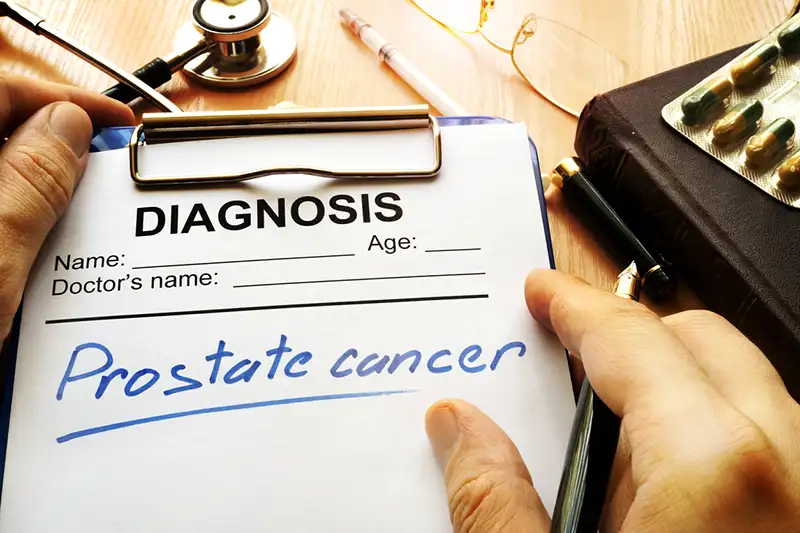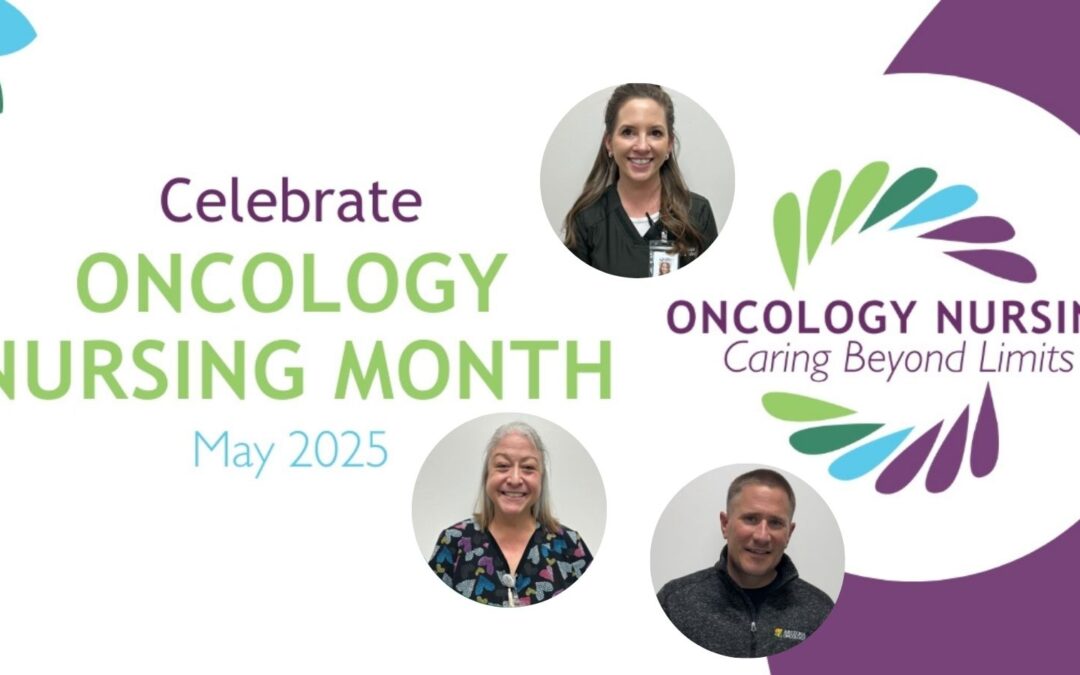Blog

Depression and Cancer: Recognizing the Signs and Finding Support
A cancer diagnosis can shake the foundations of daily life. Sadness, grief, and uncertainty are natural responses when plans feel disrupted and the future looks unfamiliar. But when low mood lingers, intensifies, or begins to interfere with everyday activities, it may be more than a passing emotional response. It may be depression, and it deserves attention and care. What Is Depression? Depression can refer to a temporary emotional state, but it is also a medical diagnosis. Among people who have or have had cancer, two forms are most common: Major depressive disorder (MDD), also called...

Understanding (and Combating) Cancer-Related Fatigue
Fatigue is not just “being tired.” For many people facing cancer, it can feel like an invisible weight — ever present, deeply exhausting, and disproportionate to activity or rest. At Arizona Oncology, we see this symptom on the frontline of care, and we know that fatigue profoundly affects physical well-being, emotional resilience, and daily life. What Is Cancer-Related Fatigue? Cancer-related fatigue (CRF) is a persistent, distressing sense of tiredness or exhaustion that: Is not proportional to recent activity Interferes with usual functioning Cannot be fully relieved by rest or sleep...

Protect Your Immune System This Holiday Season: Safety Tips for Cancer Patients
The holidays bring joy, togetherness, and—let’s be honest—a whole lot of germs. For cancer patients, especially those in active treatment or with therapy-related immunosuppression, navigating seasonal celebrations requires a little more strategy. The good news? With a few mindful adjustments, you can protect your immune system and still enjoy the spirit of the season. Here’s how to stay safe, healthy, and connected this holiday season—without feeling like you’re sitting on the sidelines. Know Your Immune Status (and Let It Guide Your Plans) Different treatments affect the immune system in...

What Happens When You Quit Smoking: How Your Body Starts to Heal
If you’ve smoked for years, you may wonder if quitting now will really help. The answer is absolutely yes. Your body begins healing almost immediately after your last cigarette, improving circulation, oxygen levels, and lung health within hours. Over time, quitting smoking dramatically reduces your risk of lung cancer, heart disease, and stroke. Here’s what happens to your body when you quit smoking—and how you can stay smoke-free for life. 20 Minutes After Quitting: Your Heart and Circulation Respond Just 20 minutes after your final cigarette, your heart rate and blood pressure start to...

Breast Cancer Breakthroughs 2025
This Breast Cancer Awareness Month, we’re highlighting several groundbreaking developments that were introduced at the 2025 American Society of Clinical Oncology (ASCO) annual meeting. Over 40,000 oncologists, scientists, and breast cancer patient advocates came together to discuss advancements in breast cancer research, early detection, and cutting-edge treatments, offering hope to individuals diagnosed at every stage, from early disease to metastatic breast cancer. Let’s take a look at some of the 2025 wins. Exercise and Lifestyle Factors The CHALLENGE clinical trial, conducted with colon...

Arizona Oncology Offers Leading-Edge Prostate Cancer Treatment: Pluvicto™
At Arizona Oncology, we know a prostate cancer diagnosis may feel overwhelming. Our physicians are relentlessly dedicated to delivering the best care possible for each patient’s individual needs. That’s why our multidisciplinary tumor board committee includes experts in urology, medical oncology, radiation oncology, radiology, and pathology, who all work together to develop your optimal treatment plan. We are proud to offer a leading-edge treatment for prostate cancer. It combines the use of PET scans and a new therapy targeting prostate-specific membrane antigen (PSMA)-positive cancer cells...

All Your Breast Cancer Surgery Questions: Answered
Q&A with Breast Surgical Oncologist LaNette F. Smith, MD Most women, when faced with a breast cancer diagnosis, want to know what their surgical options are. While the majority have a general understanding of terminology such as “lumpectomy,” “mastectomy,” and “double mastectomy,” much nuance exists within those larger categories, and new techniques, innovations, and options continue to develop. Dr. LaNette Smith, breast surgical oncologist at Arizona Oncology, shares updated information about breast cancer surgery and the choices available to patients, as well as information she wants...

Finding Strength in the Journey: Cancer, Disability, and the Power of Independence
Every July 26th, we honor Disability Independence Day—the anniversary of the signing of the Americans with Disabilities Act (ADA) in 1990. This landmark legislation broke barriers for millions of Americans living with disabilities, affirming their right to access, dignity, and independence. For many cancer patients and survivors, the topic of disability is deeply personal. Whether temporary or long-term, visible or invisible, disabilities can be part of the cancer journey. But disability does not mean defeat. On the contrary, many patients discover new depths of resilience, adapt to life in...

Turning the Tables on Testicular Cancer: Dr. Marshall Davis Shares His Journey from Patient to Physician
At Arizona Oncology, we believe that compassion and connection should be present alongside clinical excellence. Few people embody this more than Dr. Marshall Davis, a longtime radiation oncologist based in Prescott. Dr. Davis brings not only decades of medical expertise to his patients—but also something even more powerful: personal experience. This National Cancer Survivor Month, we’d like to share his story. Years ago, Dr. Davis found himself on the other side of the exam table. While working in the medical field, he noticed a lump during a self-exam and quickly sought out a urology...

Celebrating Our Nurses!
Giving a Well-Deserved Shout-out to Our Oncology Nurses! Oncology nurses are truly the heart and soul of cancer care. They do so much more than manage treatments—they listen, comfort, advocate, and walk alongside patients and their families every step of the cancer journey. Whether it’s explaining a complex diagnosis, celebrating a good scan, or simply holding a hand during a tough moment, oncology nurses bring a blend of clinical expertise and genuine compassion that makes all the difference in helping our patients to thrive with and beyond cancer. This Oncology Nursing Month we want to...


